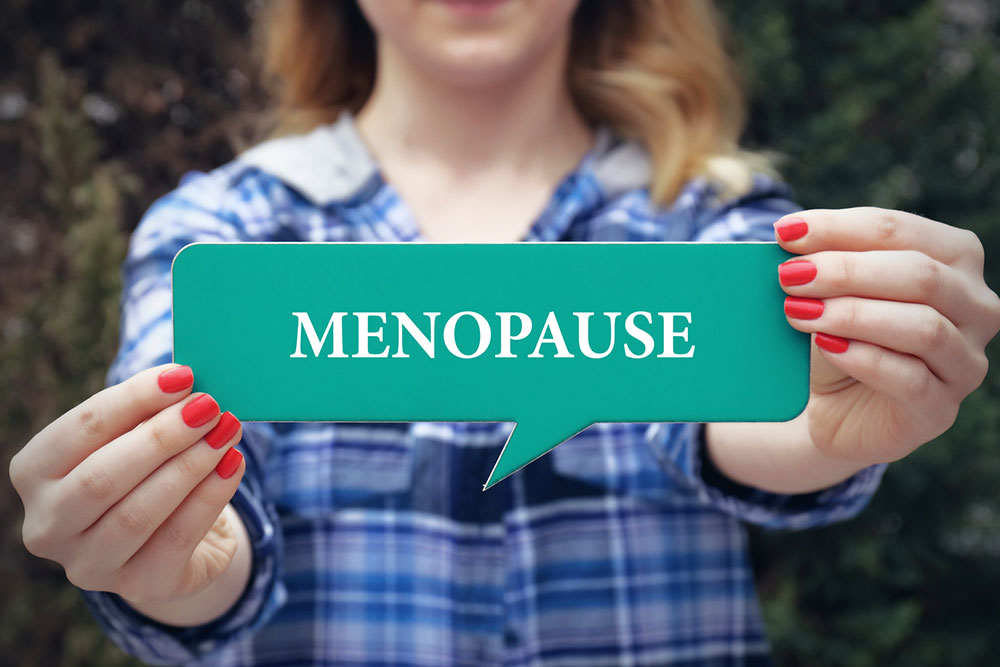Nutritional Tips for Easing Menopause Symptoms
Discover effective dietary strategies to alleviate menopause symptoms and enhance overall health. This guide emphasizes iron, fiber, calcium, soy isoflavones, and mood-supporting herbs to help women manage hot flashes, bone health, and emotional well-being during menopause, all under professional healthcare guidance.

Top Dietary Strategies to Support Women Through Menopause
Menopause signifies the end of a woman's reproductive phase, usually happening around age 51. Common symptoms include hot flashes, mood swings, sleep issues, fatigue, and vaginal dryness. Proper nutrition can help mitigate these effects and boost overall well-being. By adding specific foods to your diet, you can better handle menopausal discomforts and maintain health during this stage.
Here are essential dietary tips to make menopause easier:
Foods Rich in Iron
Iron supports energy levels and prevents anemia during and after menopause. Incorporate three servings per day of iron-rich foods like nuts, eggs, leafy greens such as spinach and kale, and fish to meet your nutritional needs.
Fiber-Loaded Foods
Reduced estrogen in menopause can elevate cardiovascular risk. Eating high-fiber foods like fruits, beans, legumes, whole grains, and cereals helps lower this risk. Target at least 21 grams of fiber daily to support heart health.
Calcium-Packed Foods
Lower estrogen levels weaken bones, increasing osteoporosis risk. To strengthen bones, include calcium-rich items like milk, yogurt, fish, lentils, cheese, and broccoli. Strive for approximately 1200 milligrams of calcium each day to preserve bone density.
Foods Containing Isoflavones
Isoflavones, mainly found in soybeans, can help reduce menopause symptoms such as hot flashes and night sweats. Incorporate soy products like tofu, tempeh, and soy milk to support hormonal balance and comfort.
Herbs for Mood Support
Menopause often brings mood swings and depression. Herbs like ginseng and St. John’s wort have been linked to mood improvement and hot flash reduction. Adding these herbs might help ease emotional symptoms during this transition.
Disclaimer:
While our nutritional advice offers helpful insights, it should not replace professional medical consultation. Talk to your healthcare provider for personalized recommendations. Additional diets or supplements may be beneficial beyond this article’s scope.


